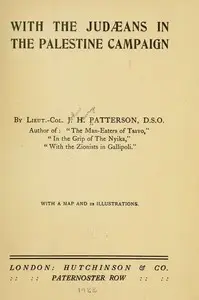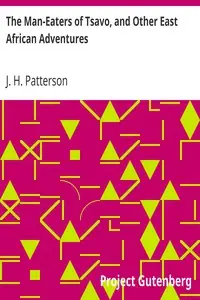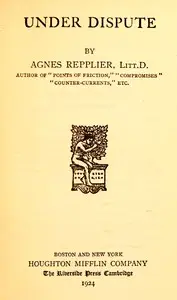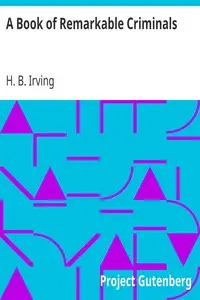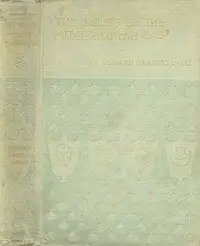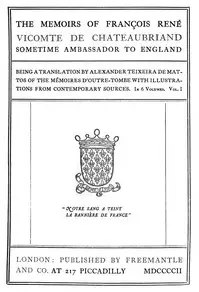"With the Zionists in Gallipoli" by J.H. Patterson is a historical account written during the early 20th century, specifically around the time of World War I. The book recounts the experiences of the author, who was a lieutenant colonel in charge of the Zion Mule Corps, a Jewish unit formed to serve in the Dardanelles campaign. It covers the formation of this unique military unit, their preparation for battle, and the significant events of the Gallipoli campaign, emphasizing the contributions and struggles of the Jewish soldiers amidst the broader context of the war. At the start of the narrative, the author discusses his motivations for writing the book, intending to shed light on the valor of the Zionist fighters and provoke interest among the Jewish community regarding their collective histories and capabilities. Patterson shares insights about his military background and the circumstances leading to the establishment of the Zion Mule Corps. He details the training of the newly formed unit and its interactions with British and Jewish leaders, setting the stage for the imminent challenges they would face as they embarked towards Gallipoli, highlighting not only the military obstacles but also the cultural significance of this endeavor for the Jewish soldiers involved. (This is an automatically generated summary.)
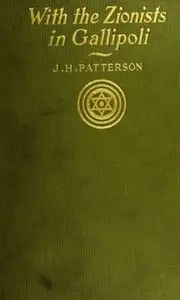
With the Zionists in Gallipoli
By J. H. (John Henry) Patterson
"With the Zionists in Gallipoli" by J.H. Patterson is a historical account written during the early 20th century, specifically around the time of Worl...
Lieutenant-Colonel John Henry Patterson was a British Army officer, hunter, and author best known for his book The Man-eaters of Tsavo (1907), which details Patterson's experiences during the construction of a railway bridge over the Tsavo River in the East Africa Protectorate from 1898 to 1899. The book went on to inspire three films: Bwana Devil (1952), Killers of Kilimanjaro (1959), and The Ghost and the Darkness (1996). During World War I, Patterson served as the commander of the Jewish Legion, which has been described as the first precursor to the Israel Defense Forces.

